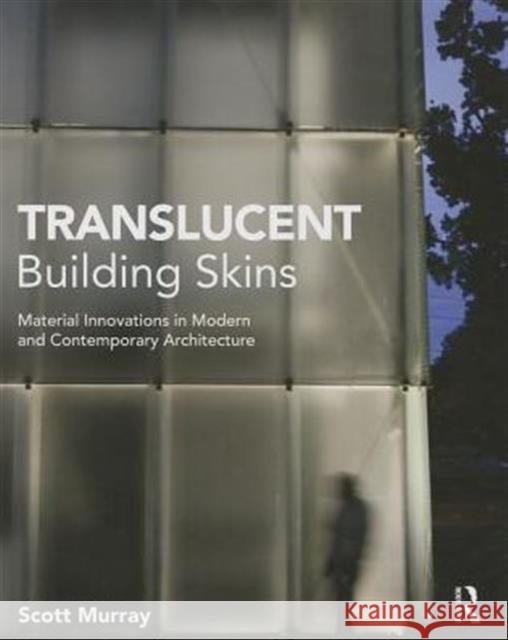Translucent Building Skins: Material Innovations in Modern and Contemporary Architecture » książka
Translucent Building Skins: Material Innovations in Modern and Contemporary Architecture
ISBN-13: 9780415689304 / Angielski / Twarda / 2012 / 200 str.
Translucent Building Skins: Material Innovations in Modern and Contemporary Architecture
ISBN-13: 9780415689304 / Angielski / Twarda / 2012 / 200 str.
(netto: 882,65 VAT: 5%)
Najniższa cena z 30 dni: 870,82
ok. 16-18 dni roboczych.
Darmowa dostawa!
Exploring the design of innovative building enclosure systems (or skins) in contemporary architecture and their precedents in earlier twentieth century modern architecture, this book examines the tectonics, the history and the influence of translucency as a defining characteristic in architecture. Highly illustrated throughout with drawings and full colour photographs, the book shows that translucency has been and continues to be a fertile ground for architectural experimentation. Each chapter presents a comparative analysis of two primary buildings: a recent project, paired with a historical precedent, highlighting how architects in different eras have realized the distinctive effects of translucency. The included buildings span a variety of program types, ranging from a single-family residence, to a factory, to a synagogue. Whether it is Pierre Chareau's glass-lens curtain wall at the Maison de Verre, Frank Lloyd Wright's wall of stacked glass tubes at the Johnson Wax Research Tower, or Peter Zumthor's use of acid-etched glass in a double-skin envelope at the Kunsthaus Bregenz, the included projects each offer an exemplary case study of innovations in materiality and fabrication techniques. Today, among many contemporary architects, there is an engagement with new technologies, new material assemblies, and new priorities such as sustainability and energy-efficiency. A resurgent interest in translucency as a defining quality in buildings has been an important part of this recent dialogue and this book makes essential reading for any architect looking to incorporate aspects of translucency into their buildings.











